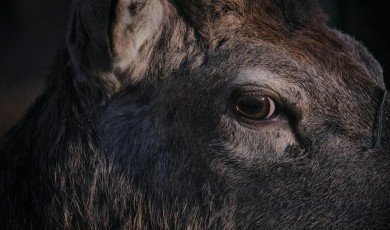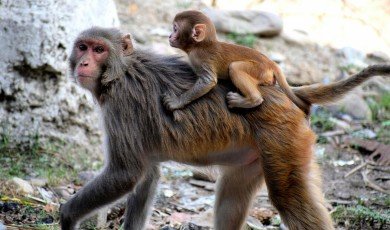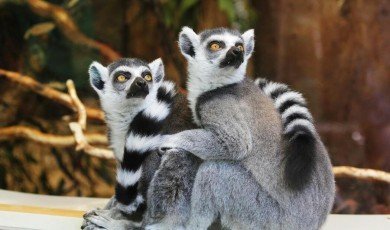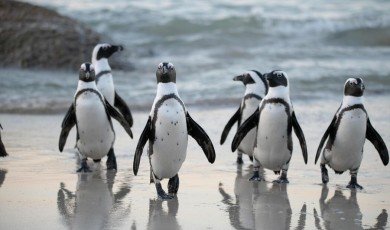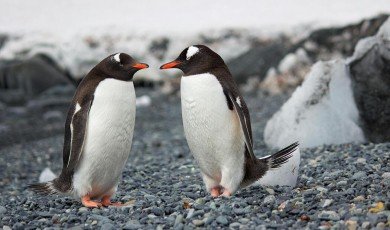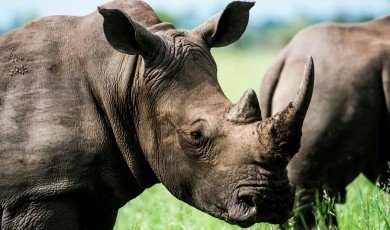
In our interconnected world, effective communication across languages is crucial—not just for humans, but also for the animals that share our planet. Animal protection organizations, wildlife rescuers, veterinarians, and researchers operate on a global scale, exchanging vital information, research data, treatment protocols, and emergency alerts. However, language barriers can pose significant challenges when dealing with medical records, scientific research, or regulatory documentation related to animal health and protection. This is where medical translation services come into play, ensuring that critical knowledge and protocols transcend borders and languages. By facilitating clear and accurate communication, these services become a silent yet powerful ally in the fight to protect and save animal lives.
The Backbone of Global Animal Health Initiatives
To truly appreciate the importance of medical translation in animal protection, let’s delve into how it supports key areas such as disease control, wildlife conservation, veterinary research, animal rescue operations, and legal compliance.
1. Disease Surveillance and Response
Outbreaks of diseases like avian influenza, rabies, and African swine fever can devastate animal populations and pose serious health risks to humans as well. Timely detection and response are essential. Often, valuable data and alerts originate in countries where different languages are spoken. A medical translation agency can rapidly translate technical outbreak reports, diagnostic guidelines, and protocols for use by international organizations such as the World Health Organization (WHO) or World Organisation for Animal Health (WOAH). This swift sharing of knowledge enables coordinated global responses, helping contain and prevent the spread of diseases that could otherwise have catastrophic impacts on both wildlife and domestic animals.
2. Veterinary Research and Best Practices
Each year, thousands of scientific papers and case studies on animal diseases, conservation techniques, and veterinary care are published around the world. However, much of this research is locked in the language of its origin, limiting its reach and utility. Through medical translation services, these critical resources can be accurately rendered into other languages, increasing accessibility for veterinarians, conservationists, and animal shelter staff globally. The precise translation of terminology, context, and cultural nuances ensures that best practices can be adapted and implemented, leading to improved outcomes for animal protection initiatives.
3. International Animal Rescue and Disaster Response
Natural disasters, oil spills, and conflicts can put both domestic animals and wildlife in grave danger. Both local and international animal rescue teams must act quickly, in coordination with government agencies, NGOs, and communities. In such chaotic and multilingual environments, having rescue protocols, first-aid manuals, and medical records translated accurately can be a matter of life and death. Medical translation agencies play a crucial role in ensuring that all team members understand their tasks and can provide appropriate care to injured or displaced animals, regardless of the language spoken in the affected region.
4. Multinational Collaboration and Education
Many large-scale animal protection projects—like migratory bird tracking programs or international conferences on wildlife protection—bring together participants from diverse linguistic backgrounds. For such collaborations to succeed, clear communication and shared understanding are key. Translation of educational resources, research abstracts, and technical manuals enables meaningful participation and bridges knowledge gaps. This inclusivity strengthens the global animal protection community, as best practices and cutting-edge findings become accessible to all.
5. Legal and Regulatory Compliance
Laws and regulations regarding animal welfare, wildlife trade, and disease control can differ significantly from country to country. To operate lawfully across borders, animal protection organizations must ensure that documentation—such as permits, veterinary certificates, and compliance reports—is accurately translated. A reputable medical translation agency ensures that all documentation not only conveys technical terminology but also adheres to the legal formats required by each jurisdiction. This reduces the risk of costly delays, legal disputes, or animal suffering caused by miscommunication.
Empowering Animal Protection with Medical Translation
While often working behind the scenes, medical translation services are fundamental to the success of animal protection efforts worldwide. By enabling the accurate and timely exchange of vital medical, scientific, and legal information, these services bridge the communication gap that could otherwise hamper rescue missions, disease control, or the implementation of life-saving medical advancements.
For animal rights advocates, veterinarians, researchers, and policy makers, partnering with a medical translation agency is not just an operational necessity—it’s a strategic choice that amplifies their impact. Whether it’s translating emergency disease protocols during a wildlife outbreak, making cutting-edge veterinary research universally accessible, or ensuring smooth compliance with international animal protection laws, the value added by expert translators is both measurable and enduring.
In a world where the threats facing animals are increasingly complex and cross-border, let us not underestimate the power of clear, accurate, and compassionate communication. If your organization requires expert assistance in translating documents or communicating globally, consider how professional medical translation services can support your mission to protect animals everywhere.


